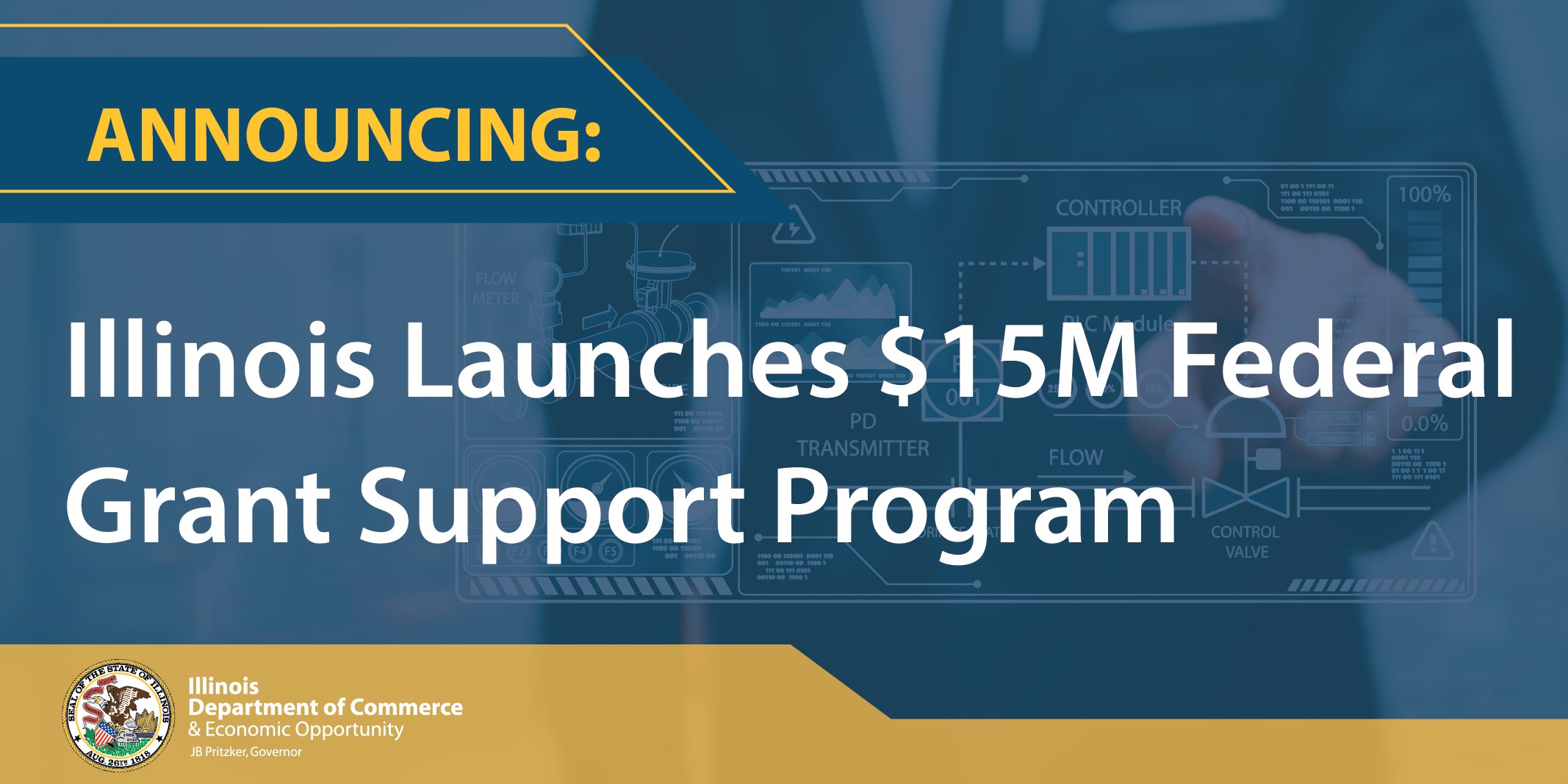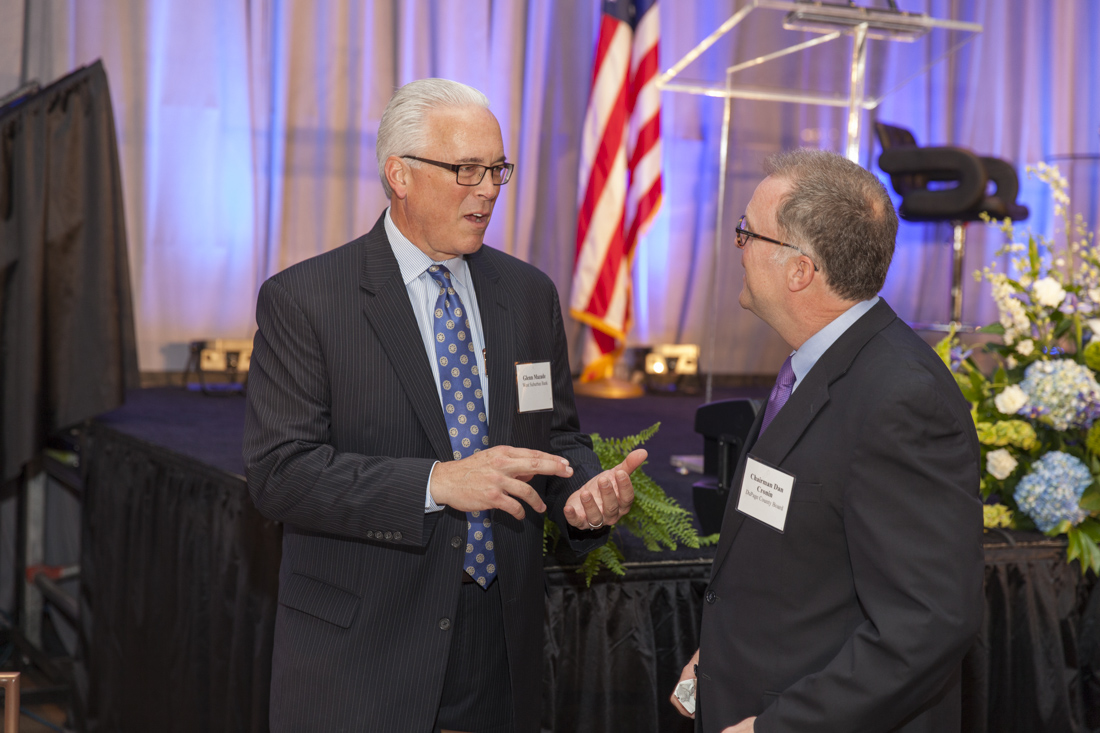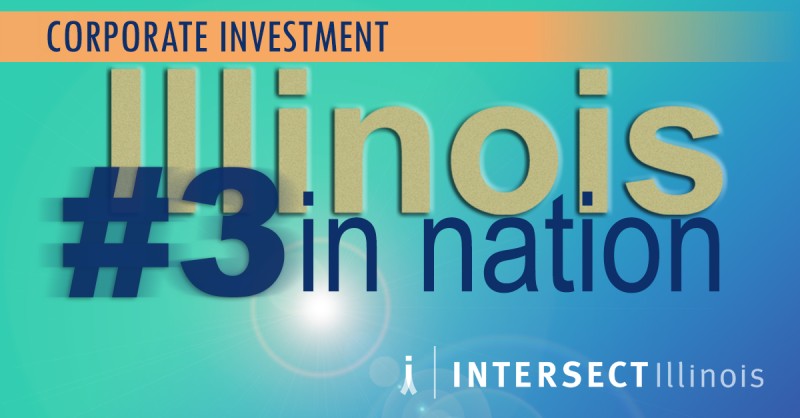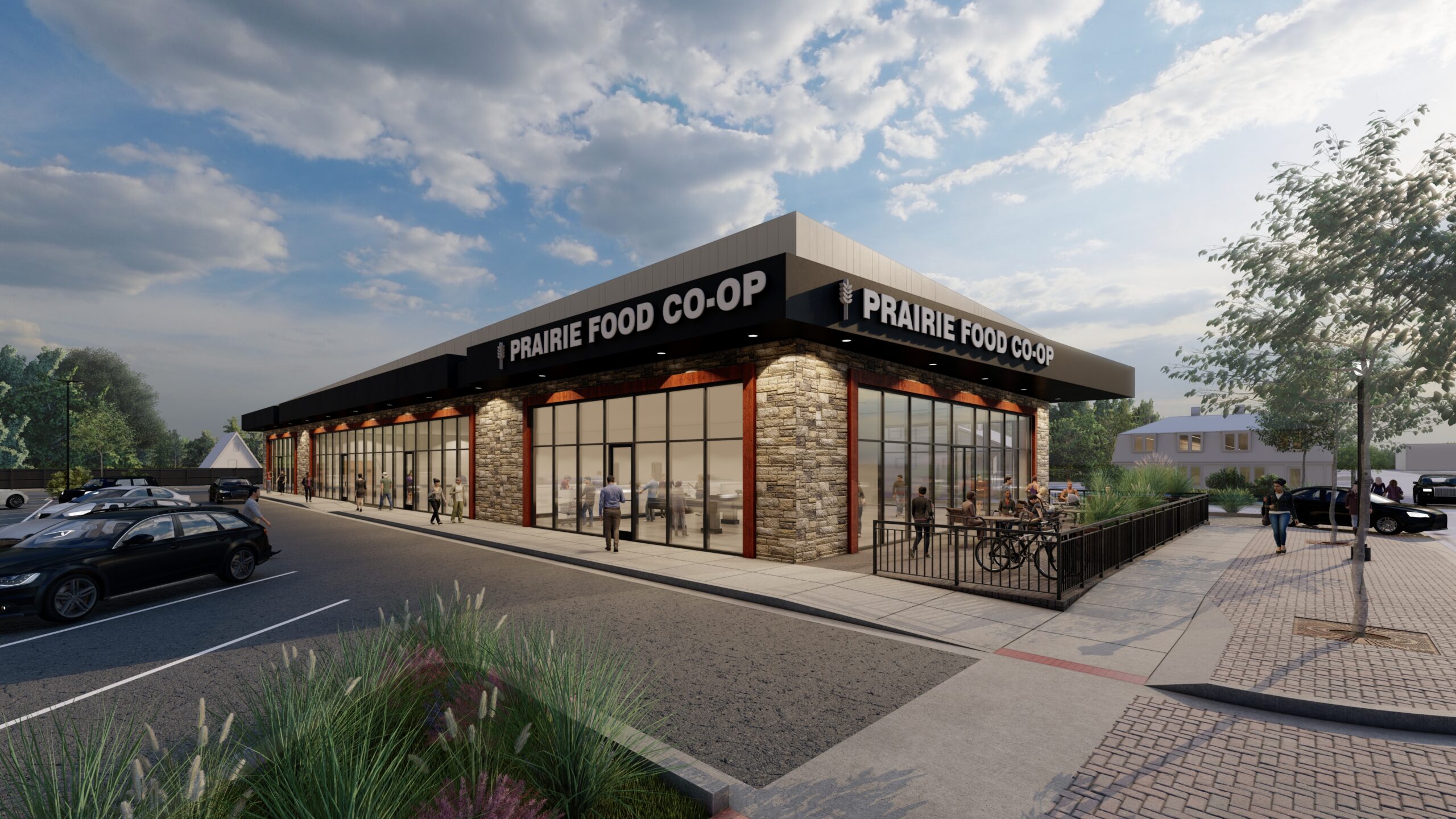What makes a city, county or region a good place for a business expansion or business relocation?
Or how about a more basic question: What makes an economy strong?
While you may think that the answer to that second question is obvious, the world in which economies operate has changed drastically, as has our definition of economic strength.
Understanding how that definition has changed—and what makes for a strong economy in the 2020’s—is critical to finding the right place to grow your business.
Why Top Economies Have Shifted from Specialization to Diversity
Let’s start with the definition: What is a strong economy?
If you asked someone a century ago, they would probably point you to a place like Detroit, where the city’s economy was almost entirely driven by the automotive industry.
At the time, they were correct: Globalization wasn’t nearly as sophisticated as it is now, supply chains were simpler, and, in general, markets changed at a slower rate. By specializing in a single industry—or, in the case of many “factory towns” across America, a single business—a region could focus its workforce, recruiting efforts, education and resources on that industry. By doing so, they could outcompete other regions in that space.
Clearly, this is no longer the case. The collapse of Detroit’s automotive industry was shocking. However, after seeing much the same occur in factory town after factory town across America, it isn’t altogether surprising that a region couldn’t afford to be so specialized.
The Detroit automotive industry was robust and, in its heyday, untouchable. But its greatest strength in the 20th century—an acute focus on a single sector—proved to be a fatal flaw in the 21st.
Why is this? Why is extreme specialization no longer the hallmark of a strong economy? And what economic models have arisen to dethrone it?
The short answer is that everything is more connected than it has ever been. Our world economy is no longer divided into distinct regions; it’s globalized. The economy is like a three-dimensional spider web, where every point is connected to every other through complex and layered networks—AKA supply chains—that are often hard to see and harder to unravel. When a disruption occurs along one strand, it’s felt across all the others.
This is why it feels like change is occurring at such a rapid pace. It’s not necessarily that more change is occurring—though it may be—but that we feel every vibration.
The End of the Factory Town
Not surprisingly, the economies that flourish in today’s intricately connected markets are often the opposite of those that dominated yesterday’s siloed economies. While the image of a robust economy in America was once the “factory town”—a place where a single business or small group of businesses dominated the local economy—today’s most successful economies are characterized by their diversity.
What makes these diverse economies so powerful is that they have the flexibility to withstand fluctuations in today’s global economy, where markets experience disruptions at a greater frequency.
When a disruption occurs, more rigid economies tend to succeed or snap, either experiencing a boom period or giving way beneath the pressure. Diverse economies react differently. When a disruption occurs, certain sub-sectors may be negatively impacted; however, others may flourish within the new conditions, and their success will uphold the economy at large.
Rather than watching the market fearfully, hoping it will turn in their favor, diverse economies focus on succeeding within whatever conditions they are given, knowing their flexibility will keep them resilient through whatever change comes their way.
DuPage County: Diverse, Resilient and Ready
One example of an area with the economic diversity and resiliency to succeed in today’s market is DuPage County, Illinois.
Located just west of Chicago, DuPage is home to thousands of businesses from a wide range of industries. And while certain sectors—like healthcare, manufacturing and data centers—play a leading role in the region’s economy, no single industry represents more than 10% of the area’s GDP. No single sector dominates DuPage.
Instead, it’s the diversity of industries—as well as the conditions that help attract, retain and grow businesses—that make DuPage County a resilient economy today with a promising outlook for tomorrow.
There are numerous factors driving the success of DuPage’s diverse economy. There’s the strategic location; DuPage is located at the heart of a global freight gateway, a hub where numerous supply chains intersect at three international airports, the nation’s busiest rail gateway, the largest inland port in North America, and several major interstates.
There’s the high quality of life, with beautiful neighbors alongside culturally rich downtowns and some of the best school systems in the nation.
And there’s the commercial collaboration. DuPage businesses have a proud history of working together to solve shared problems and help one another reach their goals. Since the pandemic, those bonds have only strengthened, as businesses across the region work together, alongside community organizations like Choose DuPage, to solve supply chain challenges.
However, the factor that has most influenced—and has been influenced by—DuPage’s diverse economy is its workforce ecosystem.
Workforce Opportunities in DuPage
DuPage is home to more than 640,000 workers representing a wide range of education levels, skillsets, and industry specialties. There is also a massive talent pool accessible in nearby Chicago and other surrounding areas.
But it’s not only the size or even the diversity of the DuPage workforce that makes it so well-suited for the DuPage economy. It’s the entire ecosystem of talented individuals, national-caliber educational institutions, businesses, and organizations—like Innovation DuPage—that help bridge the gap between talent and employers.
The synergy between the businesses, talent and institutions forms the foundation of DuPage’s resilient, sustainable economy. Its impact can be seen across DuPage’s leading sectors, including:
- Healthcare and Social Assistance (employing 74,000+ workers)
- Professional, Scientific, and Technical Services (employing 60,000+)
- Retail Trade (employing 55,000+)
- Food Processing & Distribution (employing 11,700+)
- Administrative and Support, and Waste Management and Remediation Services (employing 54,000+)
- Manufacturing (employing 54,000+)
- Data Centers (with a 3.4% annual growth rate, the Chicagoland Region is ranked the #2 metro in the United States for this market)
How to find new business sites in DuPage
Looking for new business sites or business expansion sites in DuPage County, Illinois?
Choose DuPage has a number of resources to help:
View and learn more about some of the top sites in DuPage County on our featured properties page.
Explore an 800-acre West Chicago campus designed for a variety of sectors—including manufacturing, office, data centers and more—on our DuPage Business Center page.
Or, for assistance with site selection, business plans and expansion strategies, submit a Request Information form here.










